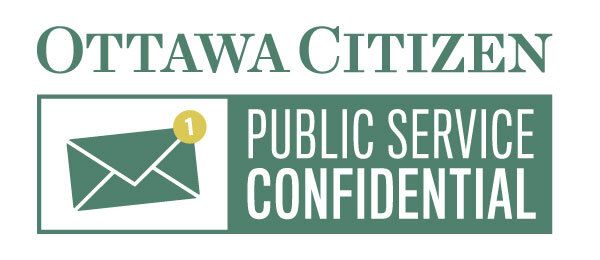Public Service Confidential is a workplace advice column for federal public servants. The following question has been edited for clarity and length.
In our office, we have two young loud people that abuse the system, barely showing up to work, either work from home or on sick leave weekly, leave early and don’t report to anyone. Our director is new and ‘acting’ so he is not even aware how things are supposed to be done.
HR is extremely slow and unwilling to respond. I feel like these people are slowing us down significantly and take the spot of motivated and productive people who are looking for a job. Is there anything I can do?
It’s always frustrating feeling that others aren’t doing their part in an organization, especially if you feel like you are picking up the slack. The key factors in cases like these include objective evidence, accountability, leadership and procedural fairness. Within these parameters, there may be several things that you can do.
The first issue raised is that they are “loud.” The first, and often most successful, approach to workplace civility issues is to have a courteous and professional conversation with the employee. If that doesn’t work, most departments have informal conflict management services, or you can bring your concerns to your supervisor.
You described the employees as young and taking substantial sick leave. Since it takes many years to bank any meaningful amounts of sick leave, I would expect that they will soon run out if they have taken as much as you said. I would add that no employee who takes duly approved sick leave should be criticized for it.
Knowing that someone failed to report to work means knowing their official work schedule and having a reliable means of verifying that they were not working at that time. In essence, it means having maintained a record of authorized hours of work and having methodically tracked hours of work performed — all of which requires significant investment of time and effort by anyone doing it.
Given how hard that can be to do, what I have experienced more frequently is individuals reporting to me that someone who was scheduled to be a part of a meeting or event had not shown up. By the time these cases got to my attention, it had usually become a pattern. If that’s similar to what you’re seeing, I think that it’s entirely appropriate for you to raise these facts with your supervisor.
While you said that the acting director is “not even aware of how things are supposed to be done,” I would be very surprised if they didn’t understand that it is a problem if an employee fails to present themselves at work when instructed to do so. If you have credible evidence that this has happened, I see no reason why you should not raise this with your supervisor. You just have to be very sure that you have the full set of facts and that they are accurate.
I will add this final thought. New public servants tend to adopt the work ethic in the organizations they join. They tend to watch and emulate those who have been there for longer periods of time.
Since you sound like you may have spent some time in the organization, you may be able to use your work ethic as a way of influencing what they see as appropriate. This has to be done sensitively and with humility, but, when it is done well, it has shaped better paths for tens of thousands public servants for generations. This may be one of the most valuable things that you could do.
— Daniel Quan-Watson,
Public Service Confidential
Daniel Quan-Watson was a deputy minister and CEO with the federal public service for nearly 15 years. He was also a provincial public servant with the governments of Saskatchewan and British Columbia in the early stages of his career. He is a pilot and rode the Dempster Highway to Inuvik on a motorcycle.

Are you a public servant with questions about your workplace? Write to us anonymously at [email protected] and we’ll pick our favourites to send to an expert columnist. No gripe is too small. No topic is too big.
Public Service Confidential is an advice column, written for the Ottawa Citizen by guest contributors Scott Taymun, Yazmine Laroche, Daniel Quan-Watson, V. C. de la Ronde and Chris Aylward. The information provided in this series is not legal advice and should not be construed as legal advice.
Related
- Why is HR in the federal government so decentralized?
- Should public servants delay retirement or take the benefits now?



